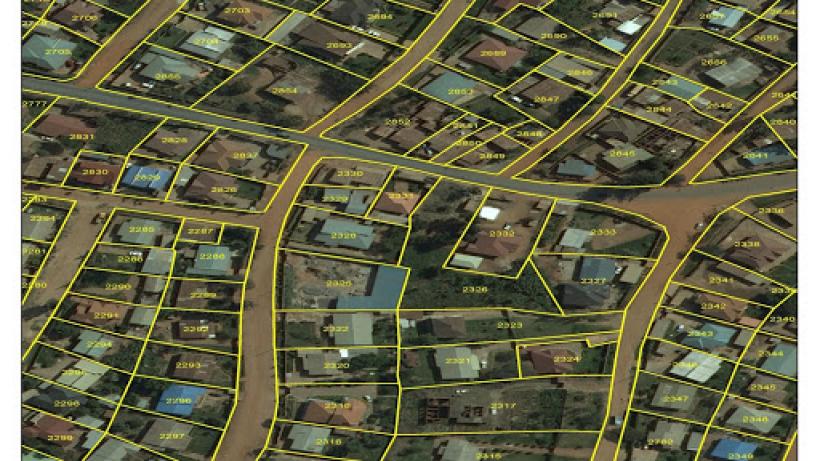
A quick, cost-effective approach to land tenure regularisation: the case of Rwanda
-
Land-tenure-regularisation-the-case-of-Rwanda-March19-FINAL.pdf
PDF document • 2.11 MB
Secure, legally enforceable and marketable land rights are critical for cities in developing countries to be able to ensure that urban land is allocated to its most productive use. However, often these cities grapple with multiple overlapping as well as informal tenure systems that ultimately hinder sufficient public and private investment from taking place. The challenge, therefore, is how to undertake large scale land reform in a participatory and cost-effective way, to unleash land to realise its highest potential overall.
One country that has successfully managed large-scale land reform is Rwanda, through their Land Tenure Regularisation (LTR) programme conducted between 2009 and 2013. This case study highlights the key factors behind its success; focussing on why it was introduced, the process of reform, the critical challenges faced and benefits experienced, and future objectives.


